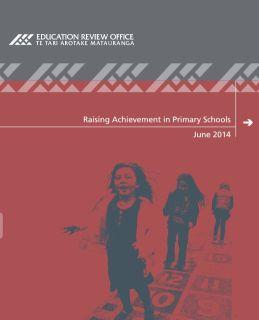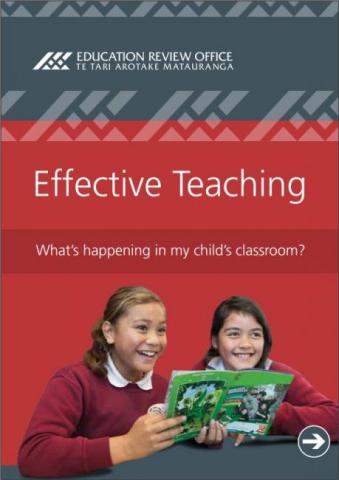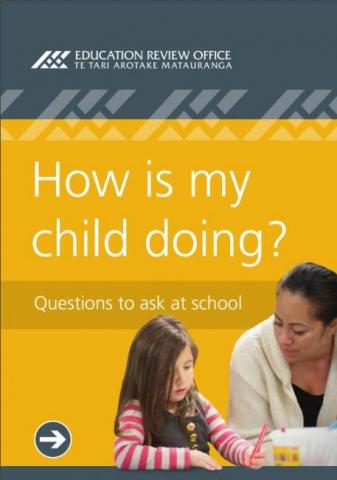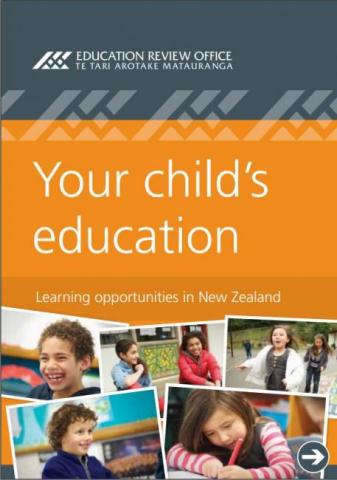He Pou Tātaki: How ERO reviews hospital-based education and care services
Published: 31 Mar 2021
This document is the result of a collaborative effort between ERO and representatives from hospital-based education and care services. It will support improved service performance and accountability, and focuses on how well placed hospital-based services are to contribute to children’s learning, and promote their wellbeing.
- Audience:
- Early learning
- Education
- Content type:
- Basic page
- Topics:
- Hospital-based education
- Evaluation
- Ngā Pou Here
- Evaluation indicators






